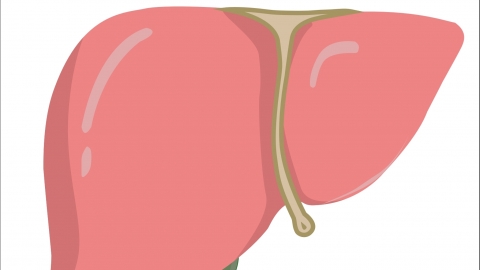Can people with gallbladder polyps consume vinegar?
In general, whether patients with gallbladder polyps can consume vinegar should be determined based on the specific condition of the polyp and the individual's overall health. If discomfort occurs, it is recommended to seek medical attention promptly. The detailed analysis is as follows:

If the gallbladder polyp is small, there are no symptoms such as abdominal pain or bloating, and the patient has normal gastric function without conditions like gastritis or gastric ulcers, a small amount of vinegar may be consumed. Adding a small quantity of vinegar for flavoring during daily cooking—such as a few drops in cold dishes or stir-fries—usually does not stimulate gallbladder contraction or negatively affect the polyp. On the contrary, it may enhance appetite and aid digestion.
However, if the gallbladder polyp is large, or accompanied by thickened gallbladder wall, cholecystitis, or if the patient frequently experiences acid reflux or heartburn, vinegar intake should be approached with caution or avoided altogether. Vinegar is highly acidic and may irritate the gastrointestinal mucosa, indirectly causing slight gallbladder contractions and increasing the burden on the gallbladder. Especially when there is risk associated with the polyp, this could worsen discomfort and hinder disease stability.
Vinegar consumption should be moderate; direct intake in large quantities should be avoided. Prefer naturally brewed vinegar and avoid products with excessive additives. Patients with pre-existing stomach conditions should consult their doctor before consuming vinegar. After consumption, monitor any reactions in the gallbladder or stomach, and discontinue use immediately if discomfort arises. Maintain a light, easily digestible diet, minimize spicy and irritating foods, and protect gallbladder function.






